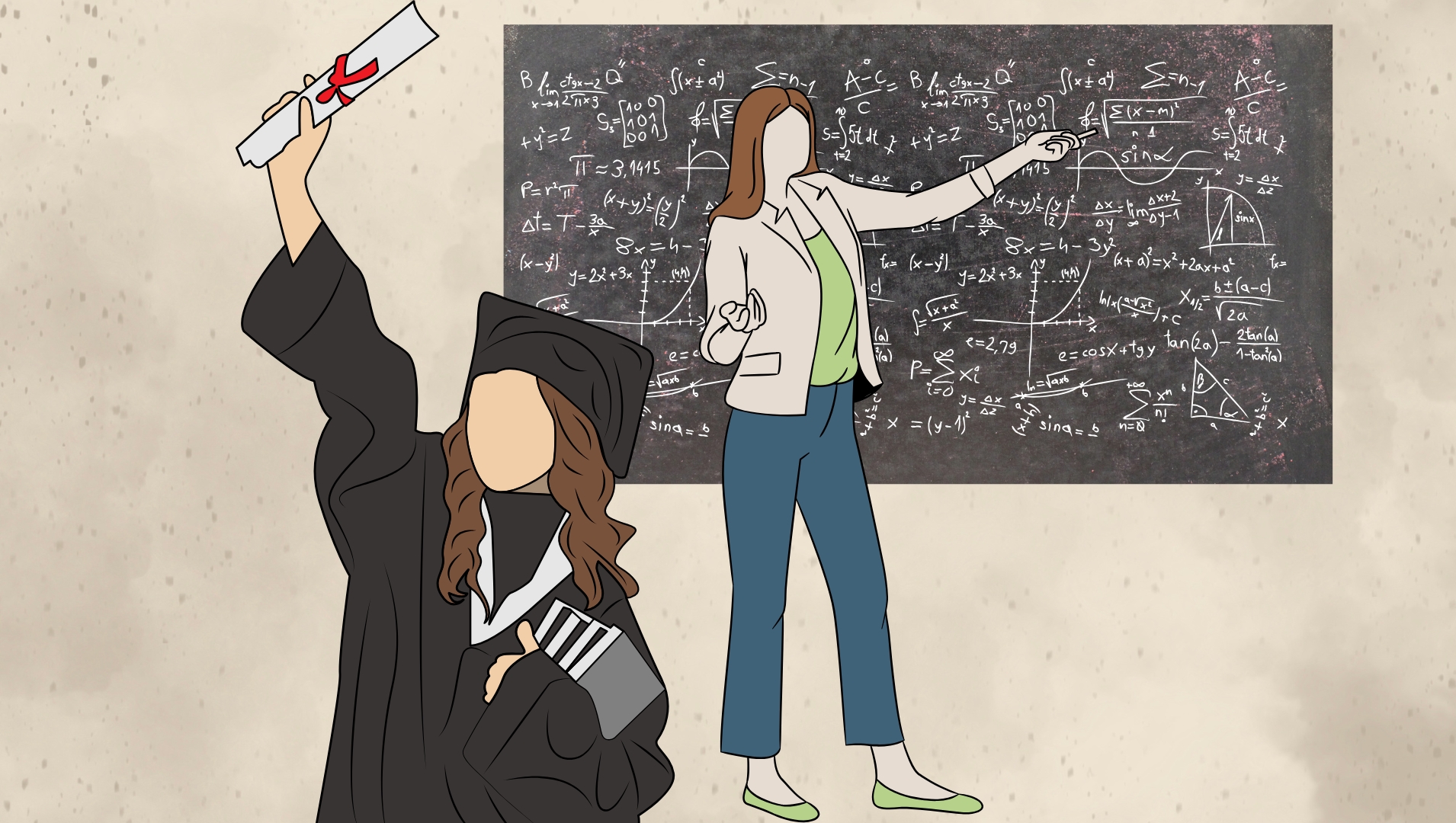What you should know before approaching faculty members for research guidance

Conducting research of any form – be it for an independent project or your undergraduate thesis – is always a challenging task for any student. The task becomes even more challenging when students lack guidance in this regard. Therefore, it is crucial for young aspiring researchers to seek out proper guidance, ideally from faculty members. To do so, students must know how to approach a faculty member in the first place.
One of the first things student should know when approaching a faculty member is that they are extremely busy. Between their teaching duties and their own research, faculty members are constantly having to juggle multiple responsibilities simultaneously. Hence, students should not expect them to make time for research discussions at a moment's notice.
For Zahin Anan Haider, a final-year undergraduate student at BRAC University, finding a supervisor for her research work was a taxing experience. Faculty members who shared similar research interests as hers were not available to guide her as she failed to approach them earlier. She says, "I reached out to the faculty members quite late. As a result, the professors who shared my research interests were unavailable. The one faculty member who was available had high expectations from the research, something my groupmates and I knew we could not meet at the time."
Zahin's statement is an important reminder for students that even if someone is available to supervise your research, they might not be thinking on the same level as you. In fact, it's only natural for faculty members to think of more advanced concepts or point out flaws in your research idea that you might not have noticed yourself. This also means that the longer you delay in approaching them, the harder it will become for you to work with them as you won't have the time to reach a middle ground where both of you are satisfied with the direction your research will be heading in.
Knowing what you want to do with your project is another important requirement of approaching a faculty member. According to Dr Syeda Nadia Hasan, an assistant professor from the Department of English at East West University, "One common mistake students make when approaching faculty members is that they are unsure of what they want to do; specifically, the lack of adequate content knowledge of their preferred field poses a problem. Moreover, many students assume that research is a simple task of quoting and integrating other source materials into one's own work. Nothing disappoints or frustrates faculty members more than when they identify a lack of seriousness and integrity in aspiring researchers."
Students must also be mindful of the specific qualities that a faculty member may look for in aspiring researchers. Dr Mohammod Moninoor Roshid, a professor at the Institute of Research and Education, Dhaka University says, "Multiple factors come into play when I decide if I want to guide or assist a student with their research. Some of the factors that I like to look into are their interest, potential in the field of research, and language skills to convey their findings objectively to the academic community,"
Dr Roshid feels that students should demonstrate their research potential through skills such as being able to produce good literature reviews and collect data. He elaborates, "A student's capacity to do coherent literature reviews and data collection can help faculty members in understanding their prospect in the research arena."
Students often assume that in order to approach a faculty member for research collaboration in any capacity would require them to have a good CGPA. However, Dr Roshid thinks students' motivation plays the most vital role here. He states, "CGPA can be a factor. However, it is certainly not the most important factor. In my career, I have encountered students who have good CGPAs but are not interested in research. On the other hand, I have also found students who are average academically but very focused when it comes to research work."
Emphasising the factor of motivation, Dr Hasan adds, "Nurturing interests is an integral part of doing research. Hence, students who exhibit an intrinsic desire to conduct research will impress their professors. Moreover, students need to be mindful of other important factors, such as having an adequate grasp of the topic and some basic technical knowledge of step-by-step research procedures. Students are most likely to rely on their professors' expertise while collaborating. However, having a mindset or an attitude that promotes self-learning will be an effective way to let professors know that students may continue to grow as independent researchers besides playing a secondary role in collaboration. Furthermore, other qualities such as hard work, patience, and integrity are key attributes for building research capacity that students can cultivate before approaching professors."
As evident from the discussion above, before you approach a faculty member for their guidance on your research or project, you need to be well-prepared in certain ways. Timing, patience, and your own understanding of the topic of your project or research are all key factors. Approaching your professor or lecturer with these things in mind will help you get the guidance you need for your research.
Fariha Lamisa is a struggling student. Currently, she is on the verge of dropping out of university. Send your well-meaning consolation via email at flamisa2020@gmail.com



 For all latest news, follow The Daily Star's Google News channel.
For all latest news, follow The Daily Star's Google News channel. 

Comments